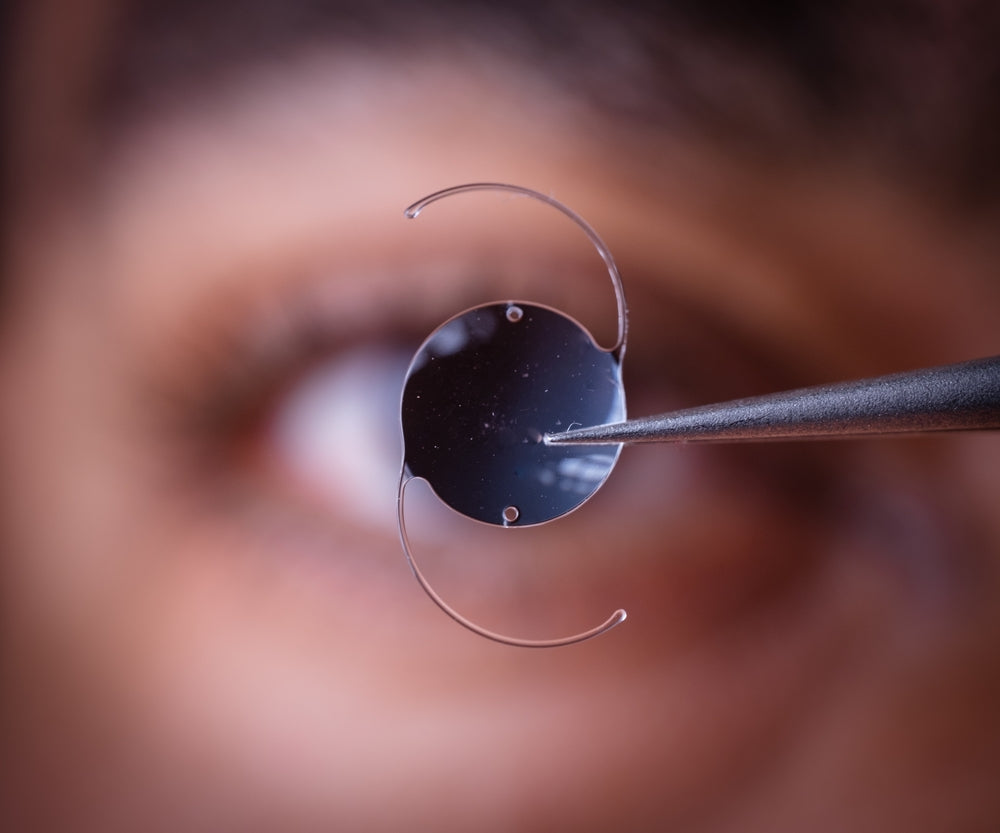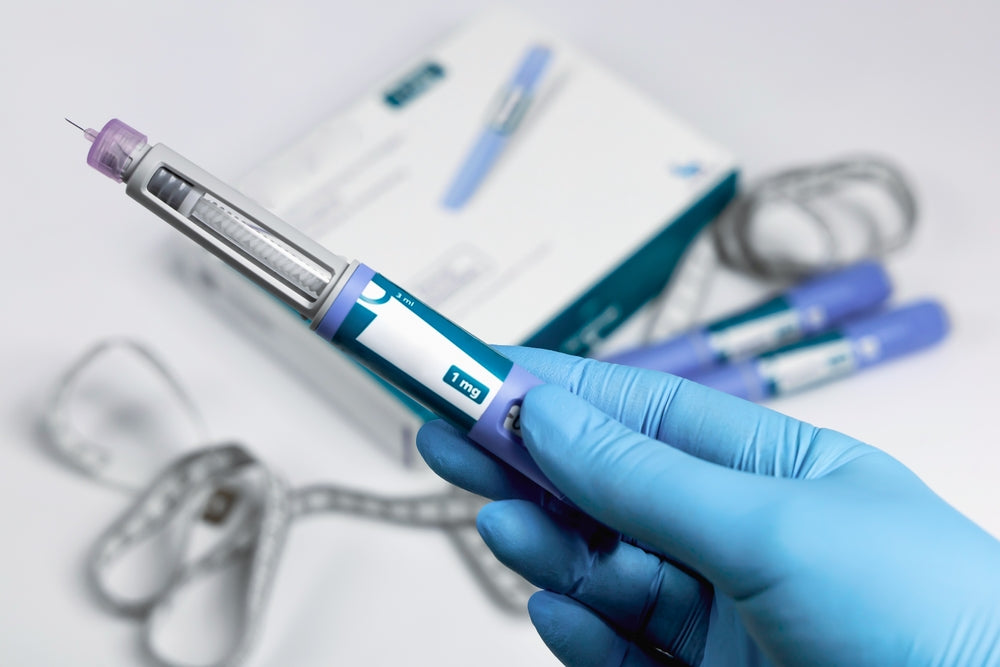News

AMD
New genetic risk linked to severe macular degeneration.
Researchers from the Centre of Eye Research Australia, WEHI and the University of Melbourne discovered specific genetic changes that raise the risk of severe forms of age-related macular degenerati...

age related macular degeneration
Possible link between Psorias and risk of developing age-related macular degeneration
Study findings demonstrated a link between psoriasis and both dry and wet macular degeneration.

blue light
Do blue-light intraocular lenses lower risk of wet AMD?
Very limited human study data is available in regards to the effect of long-term exposure to blue light despite it being considered a risk factor for retinal diseases.

intravitreal injections
Cancer drug may also be a possible treatment for age-related macular degeneration
Clinical trials are set to launch later this year to evaluate whether the cancer drug, PRL3-zumab, is effective in treating wet age-related macular degeneration (AMD) as well as diabetic retinopathy.

diabetes
Popular diabetes and weight loss drug linked to double the risk of developing neovascular macular degeneration
Semaglutide, a popular diabetes and weight loss drug, has been found to double the risk of developing neovascular age-related macular degeneration (nAMD) in older patients with diabetes.

low vision
Getting help for your wet AMD with smartphone Apps
For people trying to manage their wet AMD symptoms, utilizing phone apps may help with making every day tasks easier.

sleep apnea
Wet AMD risk linked to sleep apnea
Researchers at the Center for Eye Research in Australia have discovered a possible link between moderate-to-severe obstructive sleep apnea (OSA) and wet age-related macular degeneration.

AMD
Study finds that AREDS 2 supplementation helps slow progression of late-stage macular degeneration
While researchers have known that AREDS 2 supplements help slow the progression of AMD from the intermediate stage to the late stage, they wanted to establish whether supplementation could impact t...

age-related macular degeneration
Researchers working on possible alternative treatment for wet AMD
Researchers have recently discovered that the enzyme, telomerase, plays a role in abnormal blood vessel formation in lab mice and this discovery may lead to new therapies in treating the wet form ...
